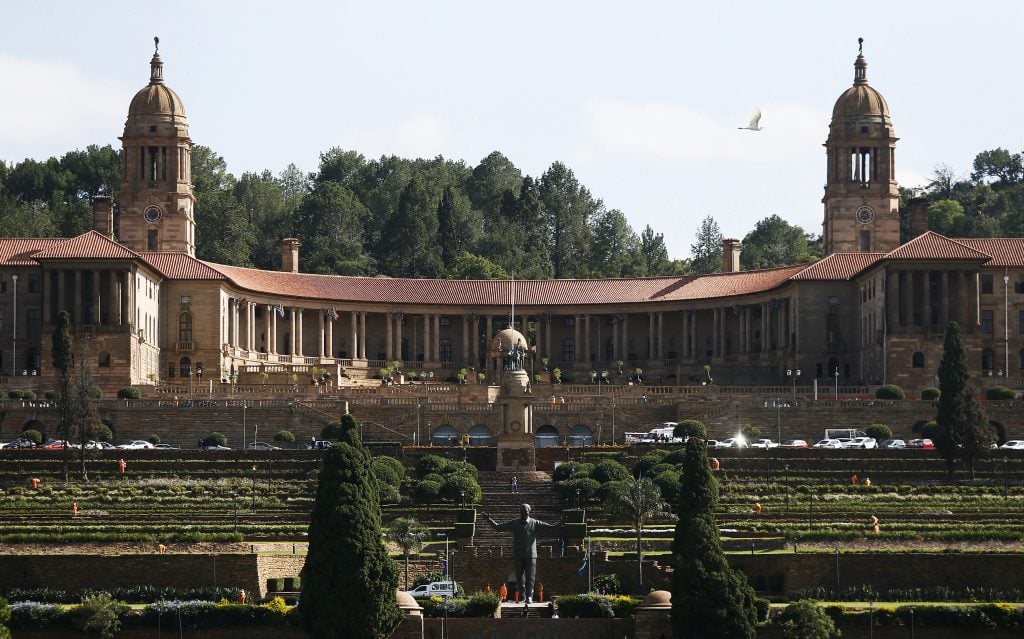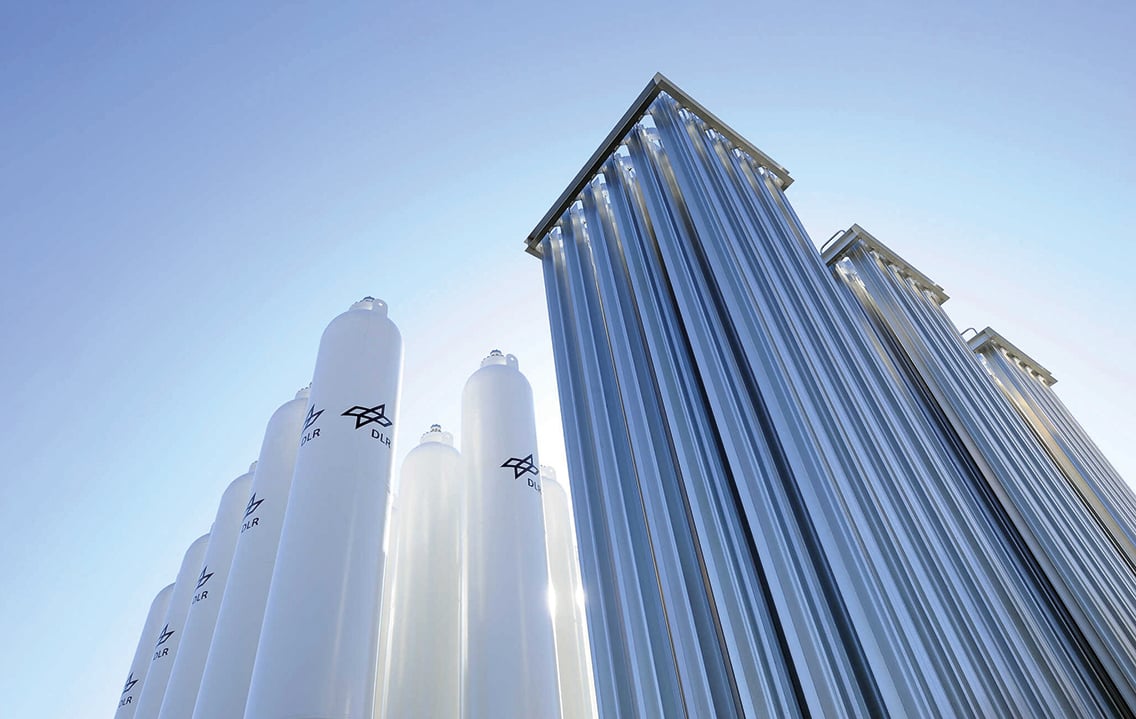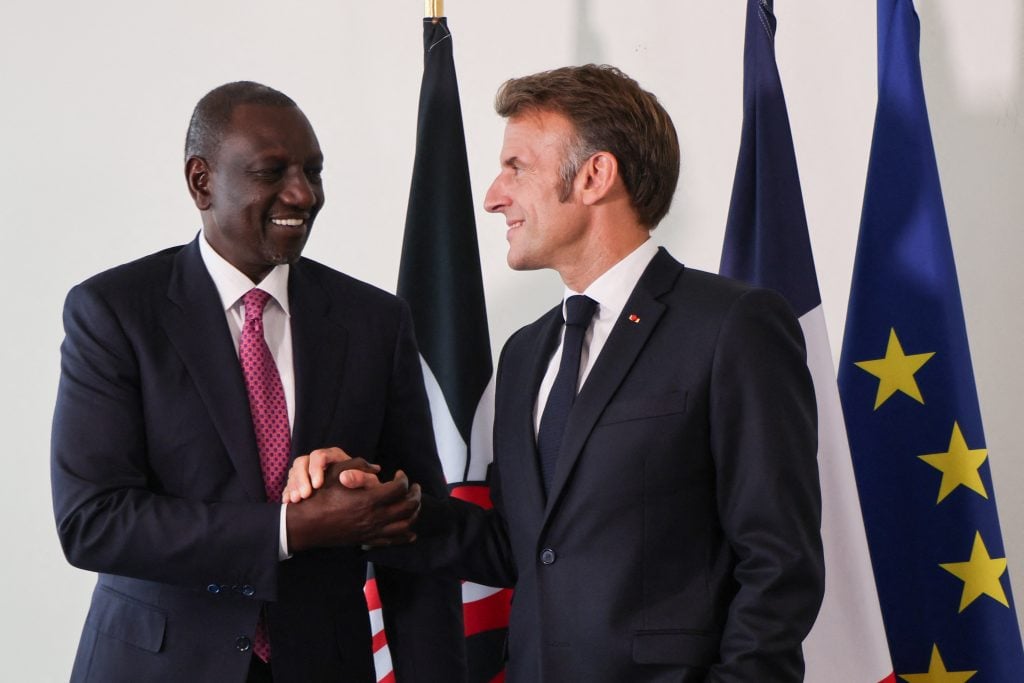
South Africa’s government of national unity (GNU) has unveiled its first cabinet after the ANC and the Democratic Alliance (DA) broke the deadlock in fraught discussions over the division of portfolios.
DA leader John Steenhuisen joins the government as minister of agriculture, one of six DA positions in the 32 strong cabinet as it enters government for the first time.
The ANC retains twenty seats – including the retention of Enoch Godongwana as finance minister – while six other portfolios are shared among smaller parties.
The ANC’s Paul Mashatile has been named deputy president, while Naledi Pandor has been replaced as minister of international relations and cooperation by Ronald Lamola. The ministry of Public Enterprises will be scrapped and its functions assumed by the presidency, the ministries of Electricity and Energy will be merged, and there will be a separate ministry of Mineral and Petroleum Resources.
New dawn after deadlock broken
Intensive weekend discussions took place to get the deal over the line after a furious President Cyril Ramaphosa accused the DA of attempting to form a “parallel government” when it pushed for eight cabinet seats.
But the eventual agreement offers a new dawn for South African governance after years of low growth, high unemployment and investor frustration. The ANC were forced to share power after voters delivered a stunning rebuke in the election on 29 May, losing its majority and around 17% of support since the 2019 poll.
President Ramaphosa, who remains in post as a condition of the unity government, said that the agreement is “unprecedented in the history of our democracy.”
“We have had to consider how to form the new government in a manner that advances the national interest, that gives due consideration to the outcome of the election and that makes use of the respective capabilities within each of the parties..We have also had to consider the stability, effectiveness and durability of the government we are establishing,” he said.
Ramaphosa admitted that some citizens had “expressed concern about the length of time it has taken to form a government,” but compared South Africa to other democracies where the formation of multi-party governments has taken several months.
“We have shown that there are no problems that are too difficult or too intractable that they cannot be solved through dialogue,” he said.
Steenhuisen also hailed the launch of the unity government.
“After almost a month of intensive negotiations, the Democratic Alliance is proud to announce that we have agreed to a deal to be part of the Government of National Unity…The message delivered from the South African electorate has been heard loud and clear. No political party achieved an outright majority, and citizens want politicians to cast aside their differences and work together for the benefit of the people.
“The DA is proud to rise to the challenge, and take our place, for the very first time, at the seat of national government where we can introduce our track record of governance excellence, zero tolerance for corruption, and pragmatic policymaking based on outcome and not intent.”






Recent Comments